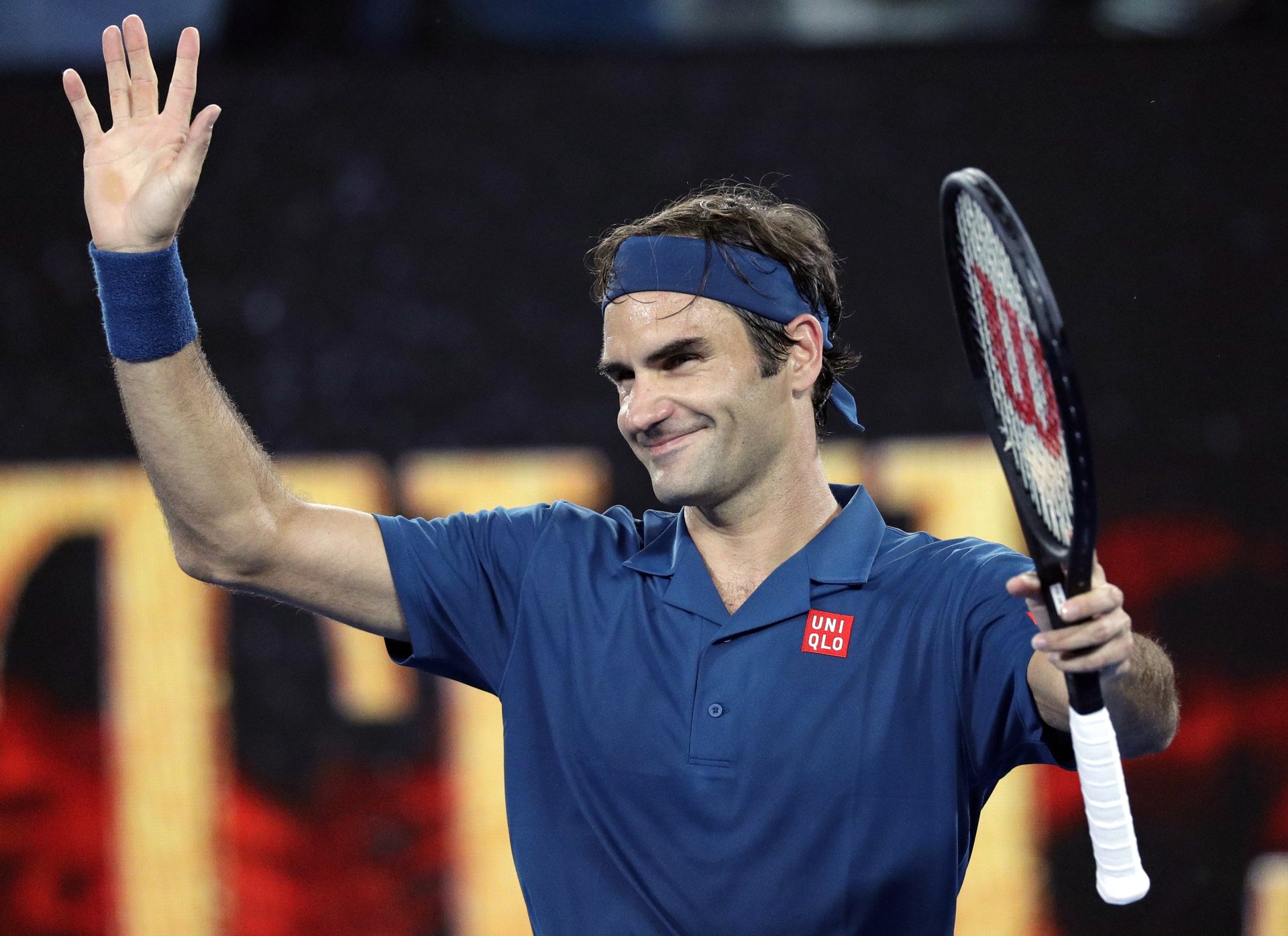

His father, Robert, encouraged him to keep on going, knowing there was talent there. He used to battle with homesickness at the national tennis center in Ecublens (105 miles away from Basel). He would lose himself in the moment during matches and later regret decisions and shots he played. He would try and try again to emulate their shot selection, but it didn't quite click. He grew up idolizing Sampras, Stefan Edberg and Boris Becker. Winning Junior Wimbledon in 1998 propelled him into tennis' consciousness, but back then he had a reputation of losing his cool: He'd frequently smash his rackets, scream at the sun, and berate himself and others as things failed to go to plan. But there was something about the solitary nature of tennis, and self-accountability, that appealed to him. He loved basketball and was also a capable soccer player, supporting his local club FC Basel. Amidst the tennis trophies of his youth were posters on the wall of Shaquille O'Neal and Michael Jordan. There were key moments of serendipity throughout his career, stretching back to when he grew up near Basel, Switzerland, near the France-Germany border. His career has been a tale of mind and body working together like clockwork, to create an aesthetically delightful state of tennis - and also a method which has led to incredible success. He talks about his strategy of fire and ice: combining the burning desire to succeed and the coolness to keep his composure. TO UNDERSTAND ROGER Federer is to capture sports harmony. And to many, his surname is superfluous: He's Roger.įederer holds a record eight Wimbledon men's singles titles. He's a style icon, a philanthropist and the face of Switzerland's tourism. He has millions of fans all over the world. We have seen Federer transform from a hot-headed teenager into a player who has made history and transcended the sport.

His legacy is far more than the 20 Slams he won, though - without the annual joy of seeing him at home on Centre Court at Wimbledon, tennis feels different. Tennis has treated me more generously than I ever would have dreamt, and now I must recognize when it is time to end my competitive career."

"I have played more than 1,500 matches over 24 years. "I know my body's capacities and limits, and its message to me lately has been clear," he said last week in his retirement statement. He holds an array of incredible records: His total of eight men's singles titles from Wimbledon sits out on its own, while his 369 victories in Grand Slam tennis are a record too.īut now, at 41 years old, his body is no longer answering his mind's on-court expectations. Since then, he has added five more Slams to sit alongside his six ATP Finals wins.


 0 kommentar(er)
0 kommentar(er)
